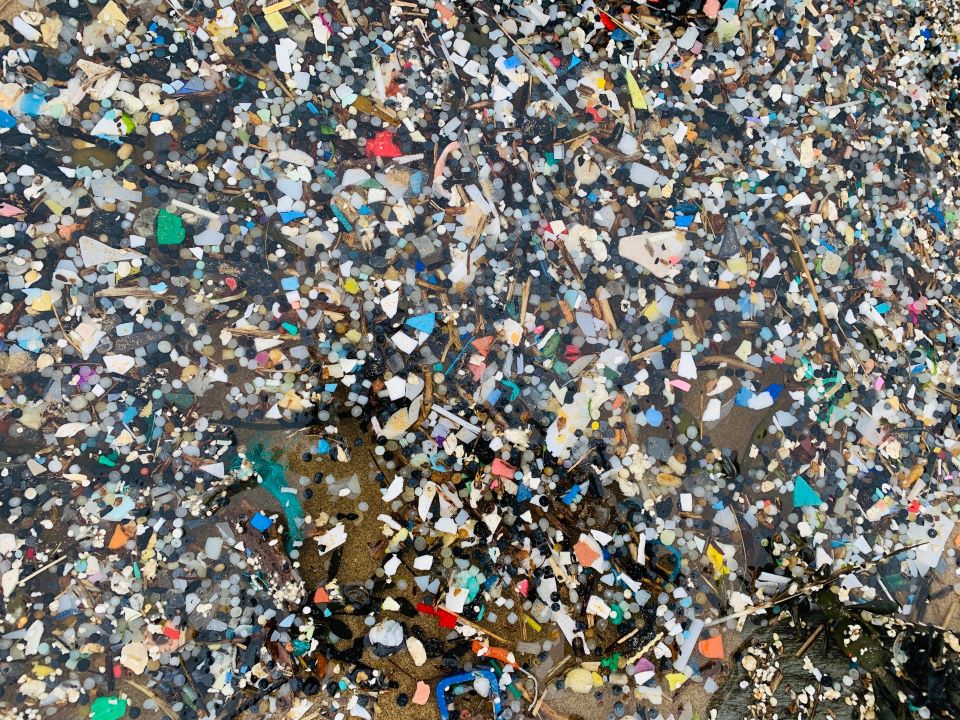Millions of small plastic LEGO cubes float in the world’s oceans. New research shows that the decomposition time of these plastics can take 100 to 1300 years. It depends on the composition of the plastic and the marine conditions to which they expose. The Alert news server informed.
Plastic Cubes Under the Ocean
Twenty-four years ago, a ship fell a container with almost five million LEGO building blocks into the sea. During the last decade, volunteer organizations, incl. The LEGO project collected thousands of plastic pieces from the beaches.

“LEGO is one of the most popular durable children’s toys. Even after decades, the sea is not much damaged, “said Andrew Turner, who studies the chemical properties of marine waste at Plymouth University.
Plastics Decompose Longer in the Sea than Scientists Expected
The researchers collected 50 cubes on the beaches of southwest England. And compared the samples with cubes in their original state. Classic cubes are made of ABS. The cubes found on the beach showed varying degrees of weakness, yellowing, smooth edges, cracks, and other defects. The scientists were surprised that they remained virtually complete.

The samples correspond to cubes sold in the 1970s and 1980s. Their edges are smoothed, plastic luster fad, the connecting protrusions abrad, and the colors fad by staying in the sea. But they are still clearly recognizable. “Based on a comparison of about 40-year-old samples, we estimate that they will remain in the marine environment for hundreds of years,” the study’s authors wrote.
The impact of ABS on the marine environment for scientists is not well known. They do not yet know what will happen to them in the long run. The authors state that the lifespan of LEGO cubes can be compared to the lifespan of PET bottles – and like them, they pose a risk to marine life
https://www.sciencedirect.com/science/article/abs/pii/S0269749119364152?via%3Dihub, featured photo by Xavi Cabrera on Unsplash















